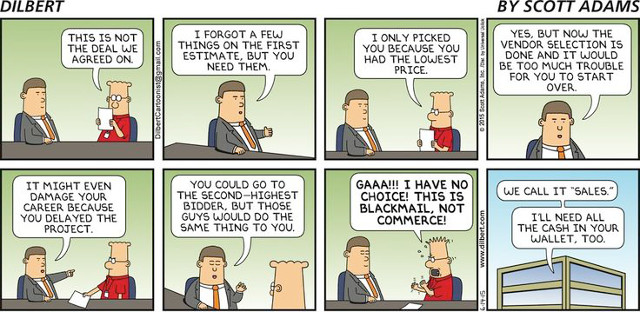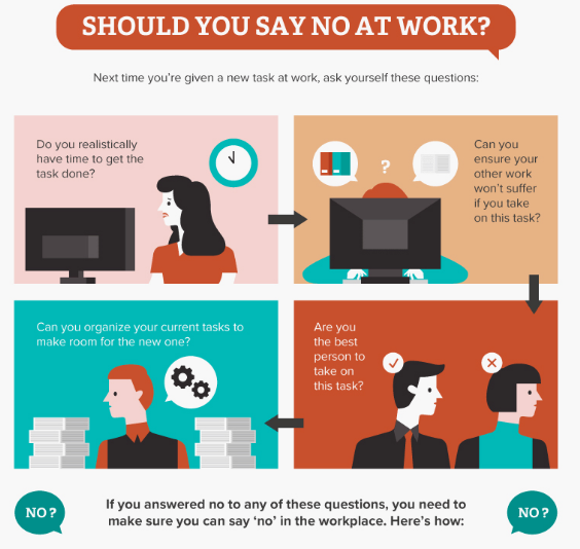
- I Learned a Lot About Strong Company Culture From Jeff Bezos — But There’s 1 Strategy I Won’t Copy
Amazon’s culture is fairly cutthroat and trust does not run high. Every year employees are stack ranked and those at the bottom of the list are cut. In theory, it’s important to keep the bar for performance high and this is one of the ways Amazon does that. But, this practice pits employees against each other. Instead of working as teammates they compete as rivals. Trust is essential in building a healthy company. You need every person on the team to be willing to shift priorities and pitch in on initiatives that fall well outside their defined job role in order to make the company successful. You need a culture where people have each other’s backs. If you get the right people on board and align them all around a single vision, this will happen naturally.
- Don’t Struggle Always to Be the ‘Smartest Person in the Room.’ Instead, Rely on a Mentor.
Find several mentors who share your passions. When you reach out to mentors — and aim to have more than one — look for common ground according to your passion for similar challenges and objectives. Then, when you approach these individuals, emphasize these shared passions in a letter or speech to demonstrate the potential of a collaboration.
Don’t just ask someone generically and blandly to be your mentor; you’ll risk coming across as a “social climber.” Mentors want to be aligned with those who share similar values and goals.
- John Oliver: Economic Development (NSFW)
Once again, I beat Mr. Oliver to the punch (Obviously I love Last Week Tonight, and just feel vindicated that we cover the same topics (and that I am a little ahead of the trend every once and a while). - Facebook, WeWork and others use this startup to make swag
“People think of swag as junk but it shouldn’t be,” Swag co-founder Jeremy Parker told TechCrunch. “It could be an amazing marketing tool if it’s built right.”
Swag.com offers products like water bottles, umbrellas, shirts, jackets, USB drives, bags and other items from brands like Patagonia, Case Logic. Once you pick the product, you upload your designs, specify how many you want printed and then wait for Swag to send you the production mockup for approval.
Standard production time takes about 15 days while priority production takes 10 days and costs a bit more. Production doesn’t start until the customer has approved the mockup. Since Swag works directly with the manufacturer and vendor, it doesn’t have to hold any inventory.
https://techcrunch.com/2017/11/06/facebook-wework-and-others-use-this-startup-to-make-swag/?ncid=rss
I really do enjoy good company swag and there is so much bad swag that I end up tossing. - How Facebook Figures Out Everyone You’ve Ever Met
Behind the Facebook profile you’ve built for yourself is another one, a shadow profile, built from the inboxes and smartphones of other Facebook users. Contact information you’ve never given the network gets associated with your account, making it easier for Facebook to more completely map your social connections.
Facebook isn’t scanning the work email of the attorney above. But it likely has her work email address on file, even if she never gave it to Facebook herself. If anyone who has the lawyer’s address in their contacts has chosen to share it with Facebook, the company can link her to anyone else who has it, such as the defense counsel in one of her cases.
https://gizmodo.com/how-facebook-figures-out-everyone-youve-ever-met-1819822691
Photo: Jase Ess







